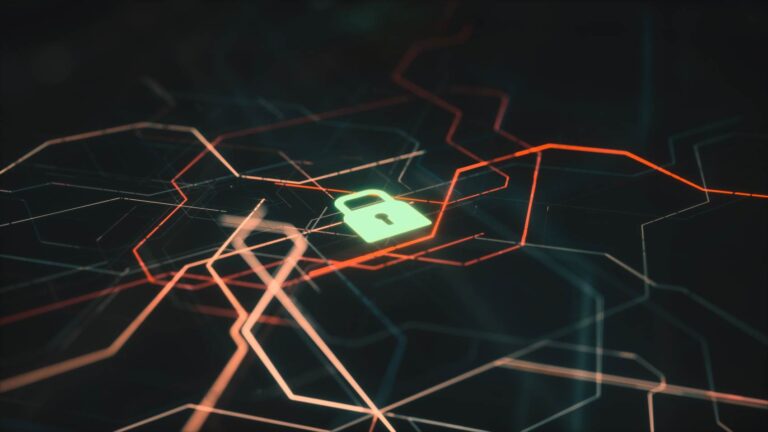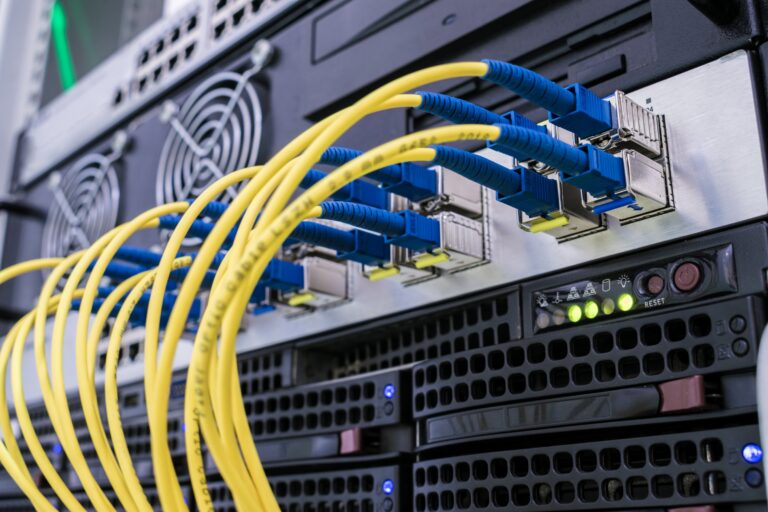Technological advancements are shaping the future of fintech and cybersecurity.
The volume of digital money transfers is projected to grow past 300,000 million in 2026 – 50% more than current figures in 2022. As digital operations continue to expand, the development of adequate and cost-effective cybersecurity protection, risk mitigation and regulatory compliance become increasingly important to companies of all sizes, across all industries.
As cyberthreats become more sophisticated and companies become more complex in structure and needs, collaboration is needed to ensure that processes are streamlined across all levels of any given organisation.
Being proactive and reactive
In an ideal world, adequate cybersecurity protection would be enough to prevent any and all cyberattacks from taking place. But in reality, you can’t expect to be totally immune from all cyber risks, so a robust cyber security strategy has to include managing breaches as well as preventing them.
In the last 12 months alone, 39% of UK businesses identified a cyberattack, amounting to an average cost of £4,200 for small businesses, and up to £19,400 for medium and large businesses. Hence, companies must not only invest in cyberattack prevention, but also adopt effective reactive measures to respond to these threats, should they arrive.
To protect a business across all levels, companies must install effective security controls such as, endpoint and border protection, cloud data capabilities, and data privacy regulations.
Businesses in the fintech space are particularly sensitive to cyber risks. As many have to handle large banking networks while maintaining the accounts of thousands, if not millions of users, in real time, and across continents. For this reason, establishing specialised controls in your technological infrastructure and digital services, ensures that risks can be identified and managed as quickly as possible.
In cybersecurity, every minute counts – as much as it is important to prevent attacks from happening, the key is to quickly detect and remedy them when they do.
The importance of collaboration
The CISO has a vital role within companies, and one which is currently evolving. Beyond technical knowledge, one of the most important aspects of the CISO’s role in an enterprise is collaboration.
Information, security and data protection controls permeates all levels and departments of a company, not just limited to tech. As such, it is important to relay technical information succinctly to all relevant directors and parties, ensuring all teams are adequately equipped to manage cyber risks.
There is a wide range of cybersecurity services that can be adopted. This includes perimeter and cloud security, device security, network security, threat hunting, DevSecOps, and web and mobile application security. To make them all function, and operate as tightly as possible, you must work with a team of experts, to ensure that your company is at the forefront of new advances in cybersecurity.
The removal of silos is therefore integral to ensuring companies are prepared and equipped to defend themselves against cyber-attacks.
What’s next?
From a regulatory standpoint, we look forward to the adoption of the European Union’s Digital Operational Resilience Act (DORA), expected in 2023. This is intended to target financial institutions and critical service providers, providing a new framework for digital operations which can be expected to change the game globally, much like the General Data Protection Regulation (GDPR) did. Hence, now is the time for companies to undergo an internal readiness assessment, identifying business areas where greater efficiency protocols can be implemented, ahead of the rolling out of this document.
Moreover, in the year ahead we will see cybersecurity developments in process automation – a cost-effective way of ensuring security is enhanced. With the number of risks and threats to be processed and managed constantly increasing, automation will increasingly be implemented to ensure that human expertise is applied strategically in areas that cannot do without.
However, with all these developments and changes on the horizon, one thing remains, cybersecurity teams must work collaboratively with all facets of the business to ensure the organisation and its customers are best protected.
About the Author

Eric Schifflers is Ria Money Transfer’s CISO. Ria Money Transfer, a business segment of Euronet Worldwide, Inc. (NASDAQ: EEFT), delivers innovative financial services including fast, secure, and affordable global money transfers to millions of customers along with currency exchange, mobile top-up, bill payment and check cashing services, offering a reliable omnichannel experience. The company is steadfast in its commitment to serve its customers and the communities in which they live, opening ways for a better everyday life.
Featured image: ©Pixels Hunter


